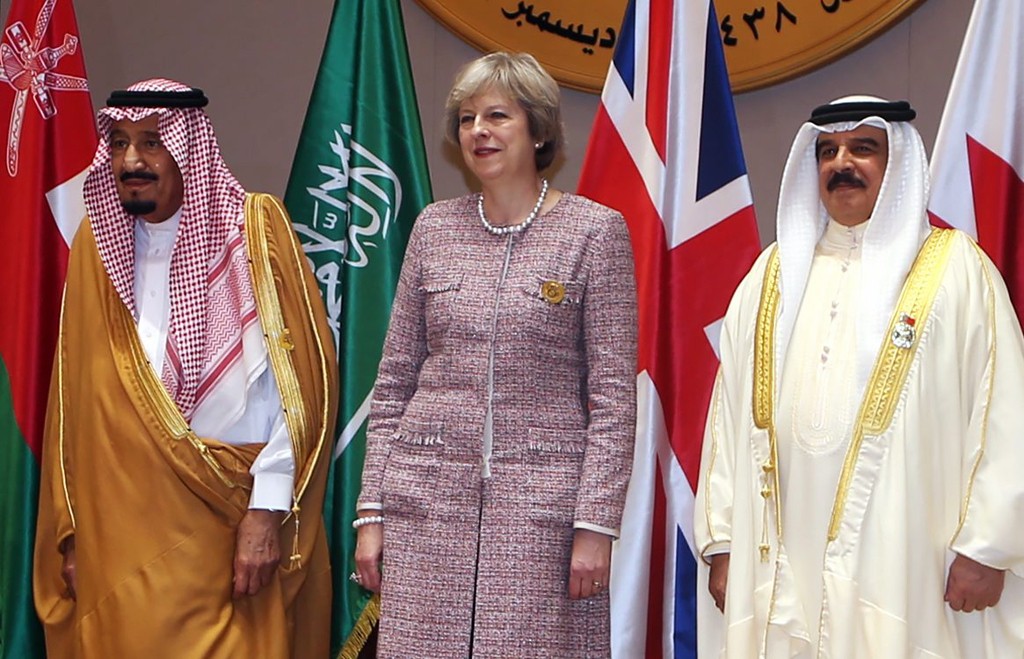Riyadh- The Department for Business, Energy and Industrial Strategy in partnership with the British Council has made a great progress in the British-GCC (Gulf Cooperation Council) Joint Research Cooperation Project.
A British source asserted that efforts are ongoing to implement specialized projects to confront challenges of water scarcity and lack of nutrition, and to enhance energy efficiency in the GCC countries; the British Government has allocated USD3.4 million for joint projects covering those fields.
Amir Ramzan, director of the British Cultural Council in Saudi Arabia and director of the project told Asharq Al-Awsat that remarkable steps were made in preparing research to confront challenges of water and nutrition and to enhance energy efficiency. He noted that the Middle East comprises 70% of water desalination plants in the world, and most of them are located in the GCC region. The industry of water desalination in the GCC region faces many challenges, he added.
According to a recent report released by Alpen Capital Company, expenditures of these countries on food are expected to grow to USD53.1 billion in 2020, driven by the growing population and tourists’ flow.
The project’s director said that most GCC countries are food importing markets; therefore, GCC governments prioritize the provision of food imports with affordable prices rates.
Ramazan also expected that countries in the region would face more pressures in the coming decade, which would urge them to use energy resources more efficiently so they could provide their growing population with energy, liberate exported resources, and settle concerns from climate change and pollution.
According to Ramazan, the United Kingdom is also facing many challenges, and it is working on facing them through joint research projects and investments in sectors of defense, health, Nanotechnology and cyber security, as these fields are highly important for security and prosperity among the world’s populations.
Ramzan also expected these researches to enhance a long term partnership between GCC and the United Kingdom. He also praised the British Cultural Center’s program, which currently supports 500 Saudi students who receive their higher education in the UK.
Further, a special program for women has been developed to focus on the advancement of women leaderships in fields of sciences, technology, engineering, and mathematics, Ramzan revealed.
Ramzan asserted that the UK is committed to enhance cooperation among researchers in the GCC region to help them face global challenges and regional priorities.
Finally he noted that the Department for Business, Energy and Industrial Strategy in partnership with the British Council together launched an open call for joint research applications in July 2016. The call received a very high response rate, with 172 applications being put forward from higher education institutions and research bodies in the region.
